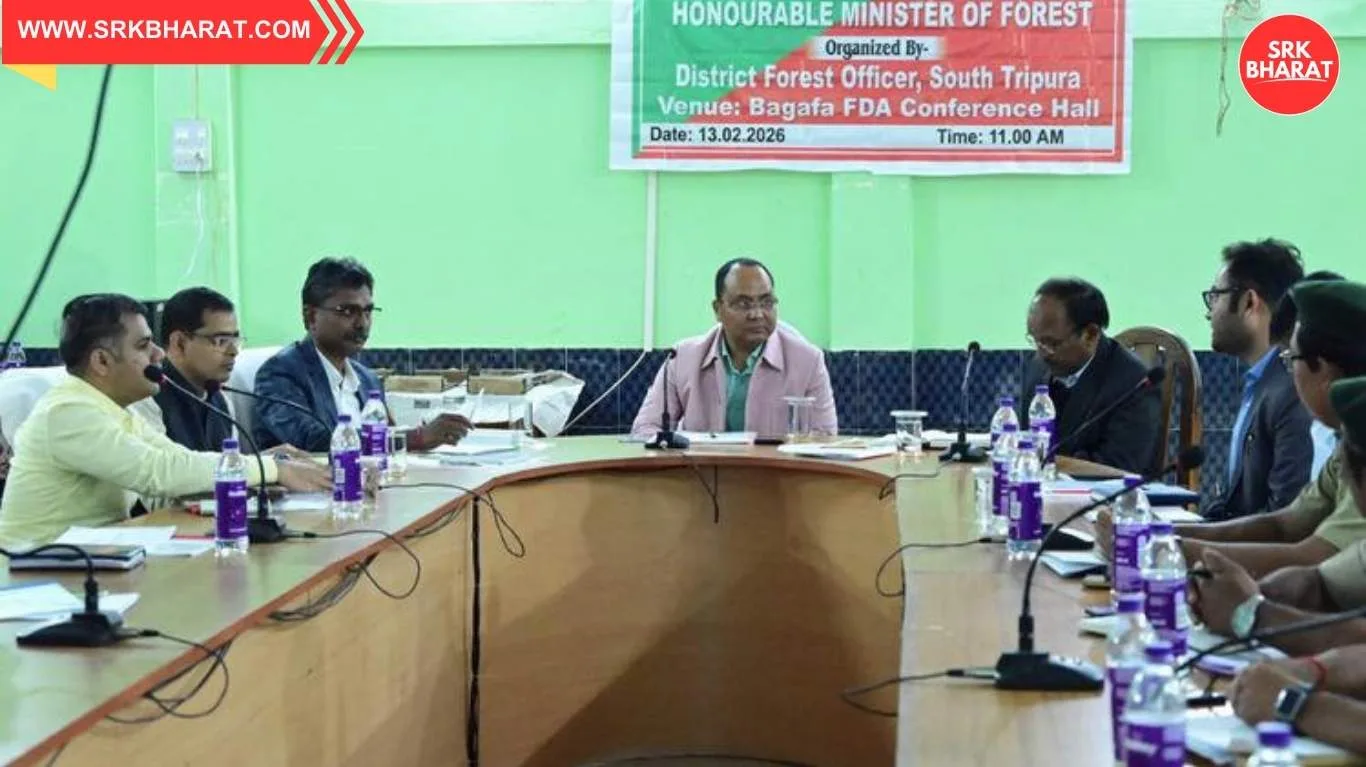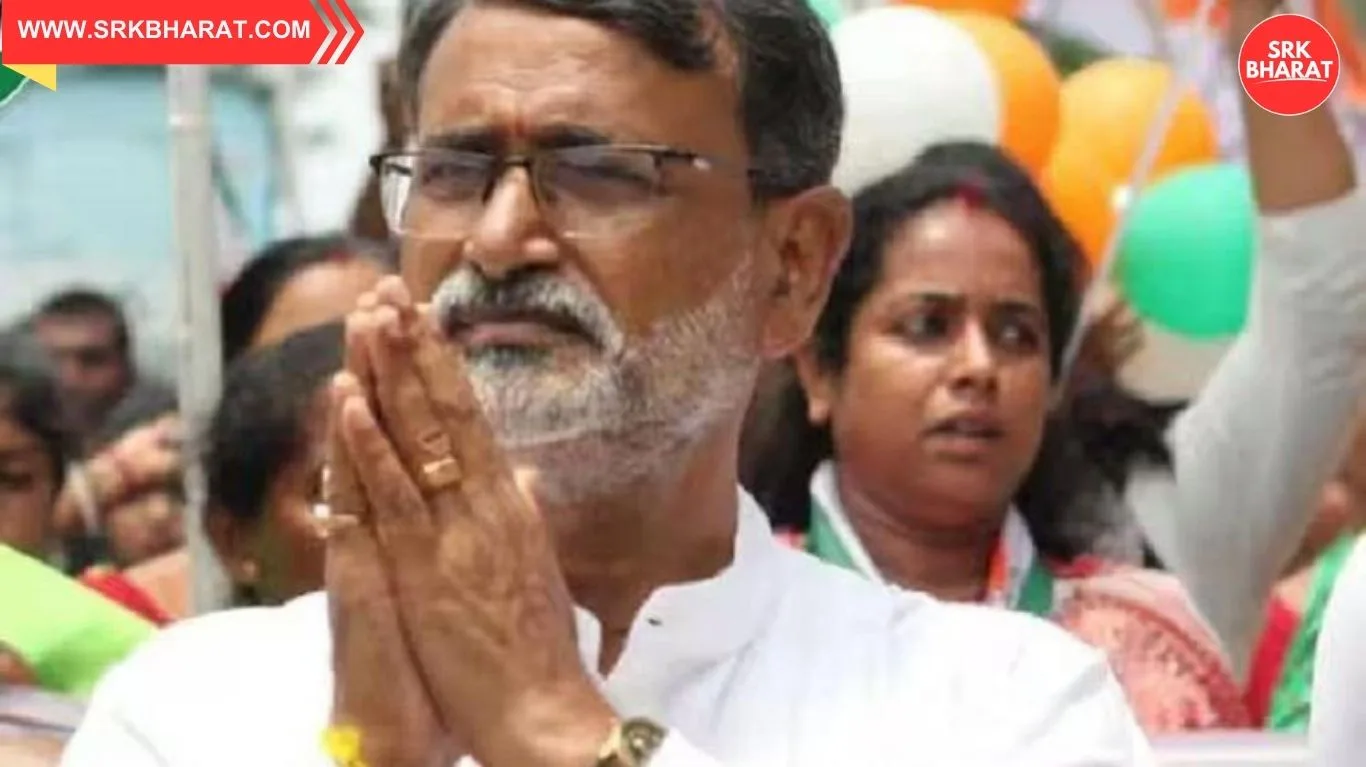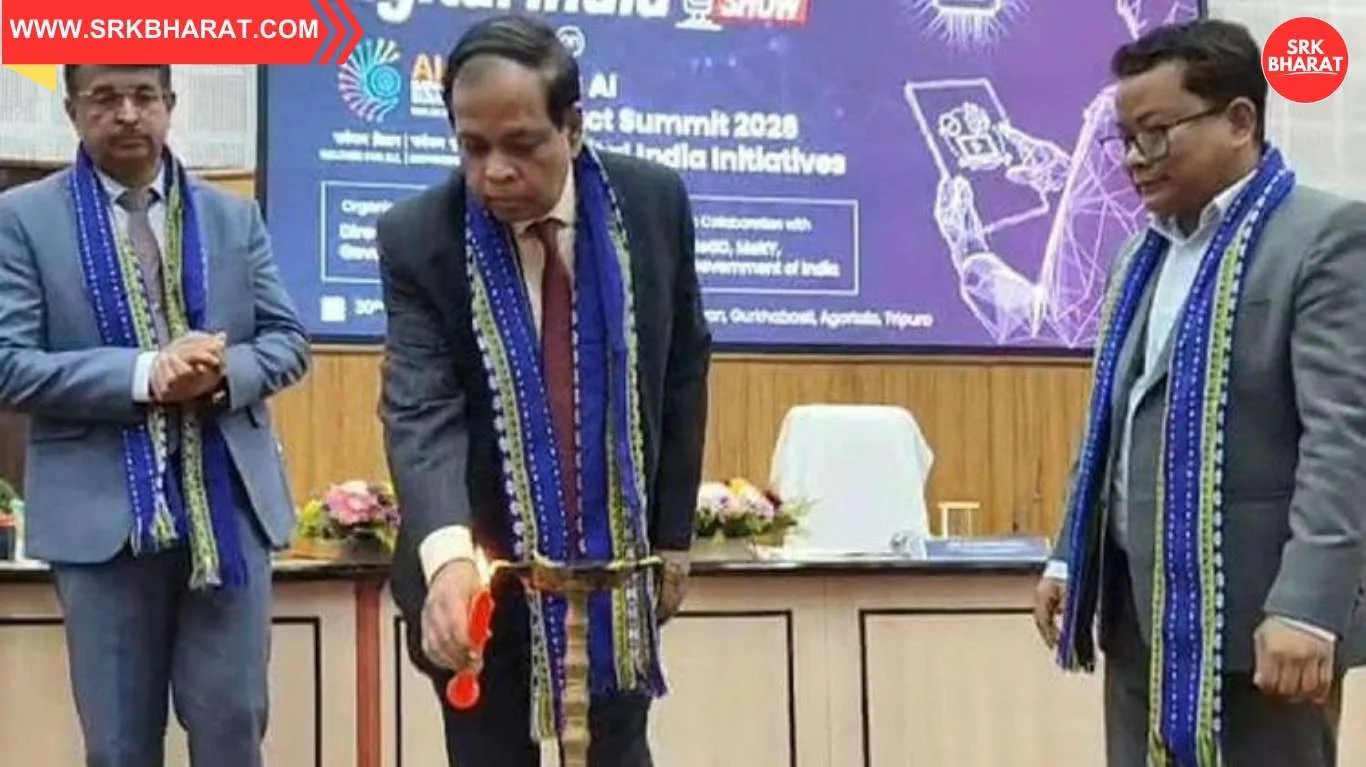In a decisive push towards digitalisation and efficiency in electricity distribution, the Government of Tripura has set an ambitious target to install 6 lakh smart meters by 2027 across the northeastern state. This strategic move is part of its comprehensive power sector modernisation plan aligned with India’s national smart metering mission under the Revamped Distribution Sector Scheme (RDSS).
Smart Meters: Key To Tripura’s Power Reform Vision
The state’s Power Minister Ratan Lal Nath confirmed that the Tripura State Electricity Corporation Limited (TSECL) has finalised the roadmap for phased deployment of smart meters to replace conventional meters in both urban and rural regions over the next three years. According to the minister:
“Smart metering will enhance billing efficiency, reduce distribution losses, curb electricity theft, and ensure real-time monitoring, empowering both consumers and the utility.”
Breakdown Of Tripura’s Smart Metering Plan
| Year | Target Number Of Smart Meters |
|---|---|
| FY 2024-25 | 1.5 lakh |
| FY 2025-26 | 2 lakh |
| FY 2026-27 | 2.5 lakh |
| Total By 2027 | 6 lakh |
(Targets are approximate and subject to final tenders and disbursement schedules under RDSS.)
Why Smart Meters?
Smart meters provide two-way communication between consumers and the utility, enabling:
- Accurate billing with real-time consumption data
- Remote disconnection and reconnection facility
- Prepaid and postpaid mode flexibility
- Consumer-friendly data access via mobile apps and web portals
- Reduced human intervention, thus minimising billing errors and disputes
Tripura’s current aggregate technical and commercial (AT&C) losses are estimated at around 20%, and smart metering is expected to reduce these significantly by improving accountability across the distribution chain.
Project Funding And Implementation Framework
The smart metering initiative will be implemented under the Revamped Distribution Sector Scheme (RDSS), which offers Central financial assistance to states for strengthening distribution infrastructure. Tripura’s project is structured as a Design-Build-Finance-Own-Operate-Transfer (DBFOOT) model wherein private agencies will invest, install, operate, and maintain the meters before transferring them back to TSECL at the end of the contract period.
Key Stakeholders In The Project
- Tripura State Electricity Corporation Limited (TSECL) – Nodal agency for execution
- Ministry of Power, Government of India – Policy and funding support
- Private Metering Agencies (TBD) – Installation, operation, and maintenance
- Consumers – Beneficiaries of efficient and transparent billing
Tripura’s Broader Power Sector Modernisation Goals
Apart from smart metering, Tripura is undertaking projects to:
- Upgrade old substations and transformers to reduce technical losses
- Strengthen last-mile rural distribution networks
- Enhance renewable integration via solar microgrids in remote tribal areas
- Promote prepaid billing models to improve cash flows and consumer convenience
Current Status Of Smart Metering In Tripura
| Parameter | Status As Of July 2025 |
|---|---|
| Smart Meters Installed | ~35,000 |
| Meter Penetration | ~4% of consumers |
| Key Districts Covered | Agartala, West Tripura semi-urban belts |
| Funding Source | RDSS, State Budgetary Allocations |
India’s National Smart Metering Mission Context
Tripura’s initiative is part of the Centre’s nationwide plan to install 25 crore smart meters by 2027 under RDSS. States like Uttar Pradesh, Bihar, Assam, and Haryana have also accelerated their rollouts, driven by benefits such as:
- Improved billing and collection efficiency (up to 95% in pilot areas)
- Reduction in peak load demand via Demand Side Management (DSM) features
- Empowering consumers to plan electricity usage efficiently
Challenges Ahead For Tripura
While the vision is progressive, executing it in Tripura’s geographically dispersed terrain comes with challenges:
- Connectivity Gaps: Remote hilly areas with poor internet or GSM network coverage may hamper real-time data transfer.
- Consumer Awareness: Educating rural consumers on usage, benefits, and app-based monitoring will require coordinated IEC (Information, Education, Communication) campaigns.
- Procurement Delays: Tendering, finalisation, and vendor onboarding are prone to procedural delays if not prioritised.
- Financial Viability: Timely disbursement of RDSS funds and transparent contract structures are essential for private sector confidence.
Government’s Measures To Address Implementation Risks
The state government has planned:
- Setting up dedicated project management units within TSECL
- Engaging third-party consultancies for implementation monitoring
- Conducting community sensitisation workshops to ensure consumer acceptance
- Coordinating with telecom companies to strengthen digital connectivity in hilly and tribal belts
Expert Opinions On Tripura’s Smart Metering Push
Ajay Kumar Dastur, CEO, Dastur Energy
“Smart metering is the foundation for any state aiming for smart grids and renewables integration. Tripura’s phased approach aligns well with financial and infrastructural realities.”
Dr. Amita Verma, Energy Policy Analyst
“Metering reforms are crucial for the northeast where distribution losses remain high. However, timely execution, digital literacy, and consumer trust will determine the success.”
Impact On Consumers
With smart meters, consumers can:
- Track real-time usage and plan accordingly
- Opt for prepaid recharge, avoiding bill shocks
- Receive alerts for abnormal consumption
- Avoid estimated bills, ensuring transparency
Looking Ahead: Tripura’s Vision For 2027
By 2027, with full deployment of 6 lakh smart meters, Tripura aims to:
- Reduce AT&C losses to below 15%
- Improve DISCOM financial health through improved billing efficiency
- Prepare for smart grid infrastructure by enabling two-way communication and demand response features
- Ensure seamless integration of rooftop solar and small-scale renewables
Conclusion
Tripura’s ambitious smart metering rollout marks a pivotal shift in its power distribution modernisation journey. While challenges remain, strategic planning, robust stakeholder coordination, and effective consumer awareness programmes can enable Tripura to emerge as a model state in smart metering implementation for the northeast region.
Disclaimer: This news content is based on government statements, publicly available policy data, and energy sector analysis. It does not constitute investment or tendering advice. Readers are advised to follow official notifications and certified energy consultancy reports for business decisions.











